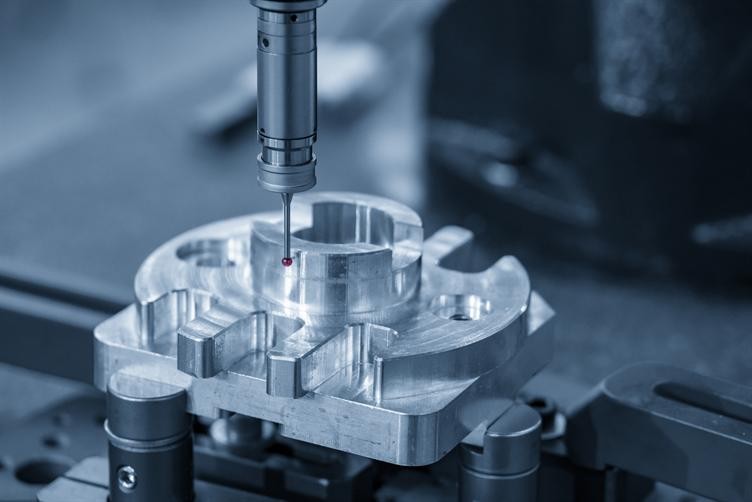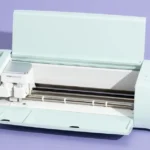In today’s manufacturing world, maintaining top-notch quality and precision is crucial. That’s where metrology equipment steps in. Metrology, the science of measurement, ensures that all products meet quality standards. This article will delve into the role metrology equipment plays in manufacturing.
1. Accuracy and Precision Assurance
Metrology equipment is essential for measuring the dimensions and characteristics of products with accuracy and precision. Whether checking the size of a machined part or the surface flatness, these tools from reputed providers in places like Northumberland, UK and more provide manufacturers with data to guide process improvements and corrective actions.
By utilising gear like coordinate measuring machines (CMMs) and optical comparators, manufacturers can eliminate human errors that are often seen in manual measurements. This guarantees that each product meets its specifications precisely. Furthermore, Sheet conductance measurement is often an integral part of modern metrology, particularly in industries like semiconductor manufacturing and electronics. These measurements typically evaluate the electrical properties of thin conductive materials, such as semiconductor wafers or electronic coatings, by determining their uniformity and conductivity.
2. Enhancing Quality Control
Quality control is an essential aspect of today’s manufacturing processes. Metrology equipment is part of a quality control system because it offers quick and reliable inspection data for both raw materials and finished products.
By comparing these measurements against tolerances, manufacturers can spot deviations from required specifications during production. This proactive approach allows for taking measures before faulty parts are delivered to customers or causing disruptions in operations.
Integrating metrology equipment into the quality control system also supports traceability, enabling manufacturers to track the history of each part and its compliance with quality standards. This ensures accountability and facilitates continuous improvement by providing valuable data for analysing and refining production and manufacturing processes.
3. Enhancing Product Development
Metrology equipment isn’t just limited to post-production; it also plays a role in the stages of product development. By using 3D scanning technologies such as laser scanners or structured light systems, designers can accurately capture the attributes of objects or prototypes.
The data gathered enables engineers to analyse the relationships between form and fit effectively during design iterations, leading to designs that meet functional requirements without compromising structural integrity.
Additionally, metrology tools aid manufacturers in creating replicas, referred to as digital twins, within computer-aided design (CAD) environments. By simulating crucial performance aspects like stress distribution and material response, designers can optimise product designs for enhanced reliability and efficiency across scenarios.
4. Facilitating Process Improvement
Identifying sources of variation is crucial for improving any manufacturing process. Metrology equipment offers insights into this regard.
When integrated into statistical process control (SPC) systems, metrology devices can continuously monitor process parameters in time, ensuring that processes remain within acceptable control boundaries. When measurements go haywire, they alert operators or engineers about irregularities, enabling adjustments to prevent mistakes or defects.
The data gathered from tools also helps track patterns over time and identify areas that need attention and enhancement. Manufacturers can boost efficiency by analysing this data-driven method while reducing waste and expenses linked to processes.
5. Achieving Regulatory Compliance and Certification
Achieving compliance with regulations and obtaining certifications are aspects of industries that manufacture and sell goods. Metrology equipment plays a crucial role in helping manufacturers meet these standards.
Regulatory authorities often impose rules on product dimensions, tolerances, and performance to ensure safety, dependability, and alignment with industry or governmental norms. By using metrology instruments, manufacturers can accurately gauge their products against these specifications to ensure adherence.
Furthermore, metrology tools can help secure certifications like ISO 9001 (quality management system) or ISO 13485 (medical device quality management system). These certifications showcase a company’s dedication to consistently meeting customer demands and delivering top-notch products.
By integrating metrology into their operations, manufacturers guarantee compliance and enhance their brand’s reputation by highlighting their commitment to quality control and adherence to industry benchmarks.
In Summary
In the realm of manufacturing metrology, tools play a key role in ensuring top-notch product quality and customer satisfaction. These instruments aid manufacturers in measuring dimensions, refining quality control processes, improving product development, and supporting ongoing process enhancements.
By offering measurements and valuable insights throughout the manufacturing journey, metrology devices have become a cornerstone of Industry 4.0 integration across industries. As manufacturing requirements progress and technology continues to advance, the importance of metrology equipment will only increase in upholding excellence in precision and quality standards.


